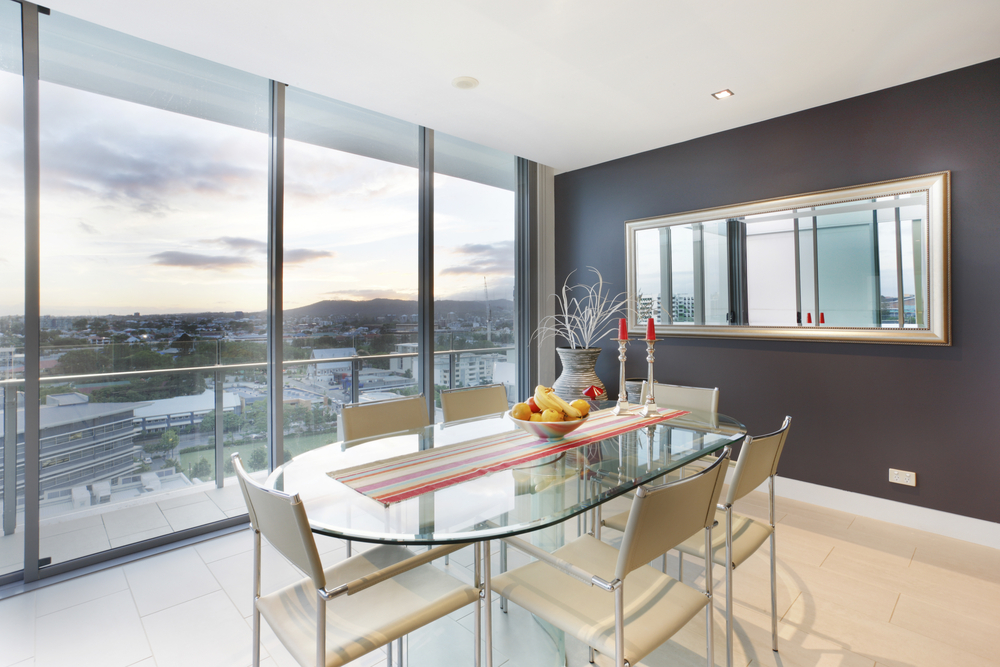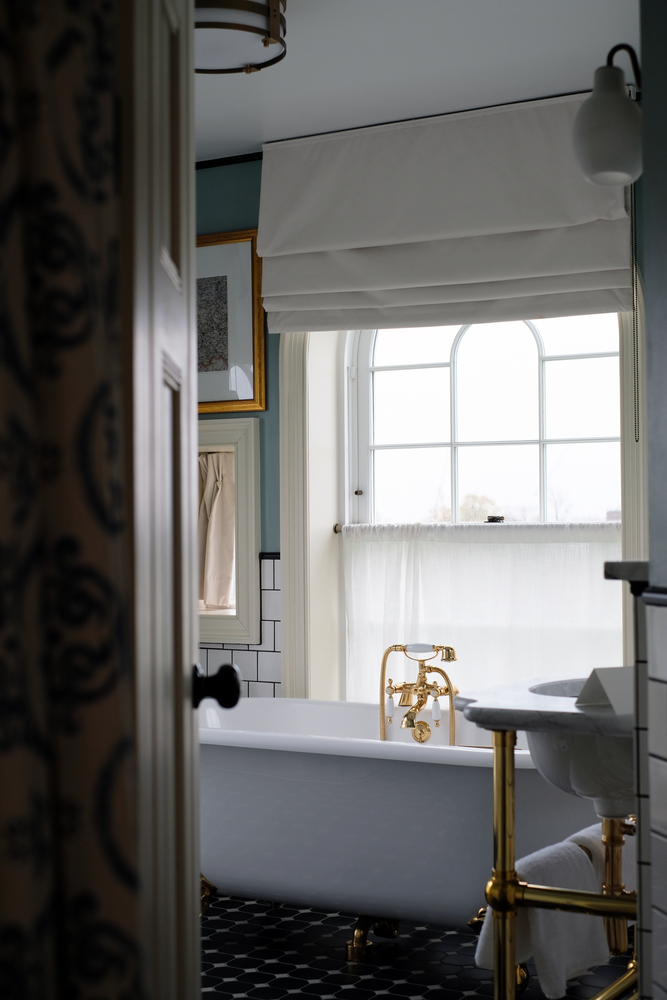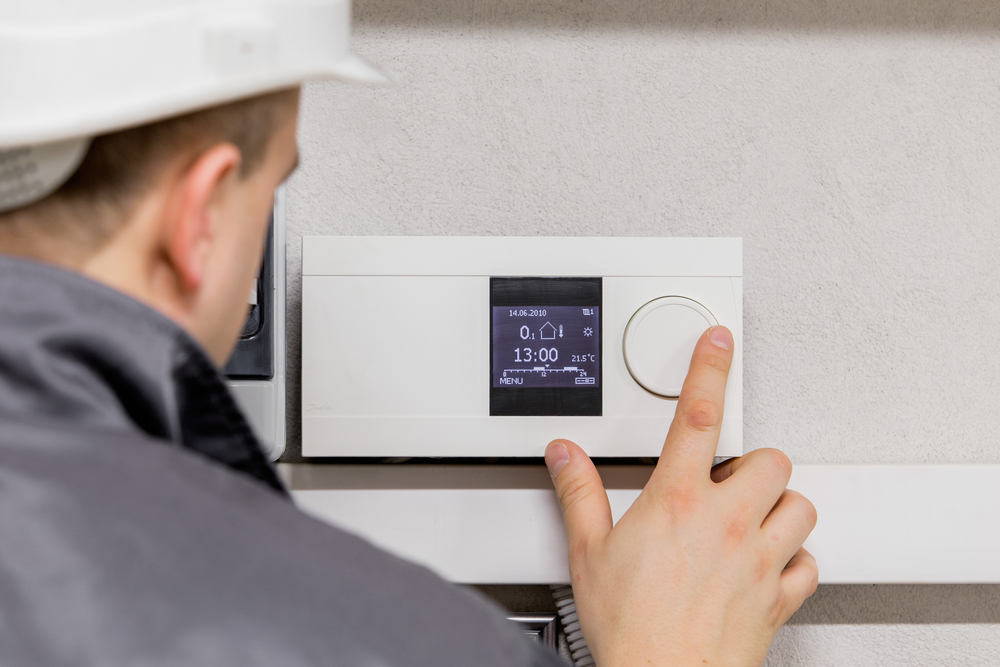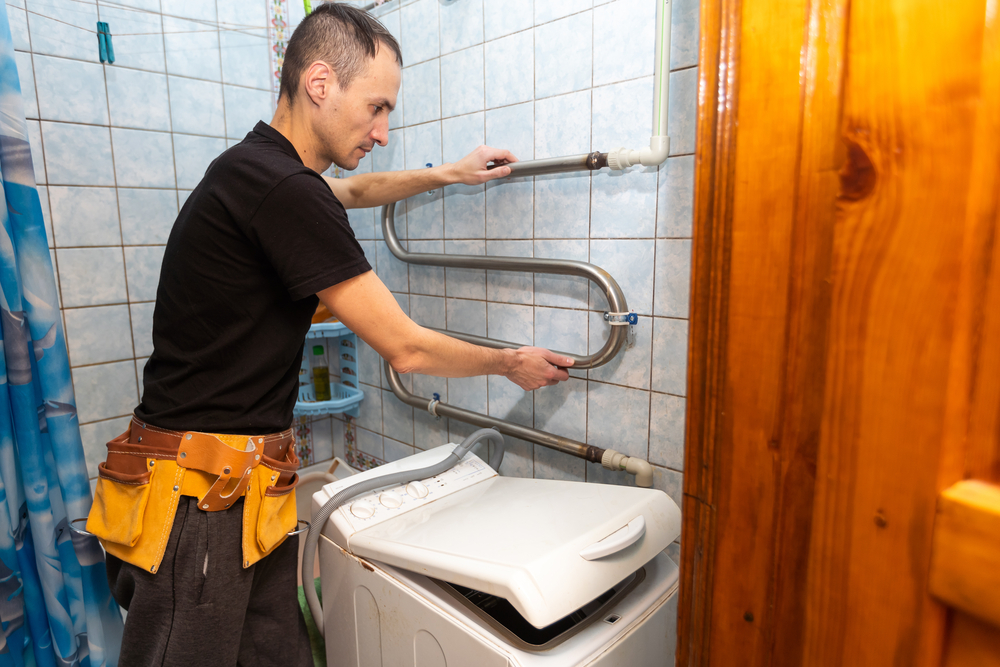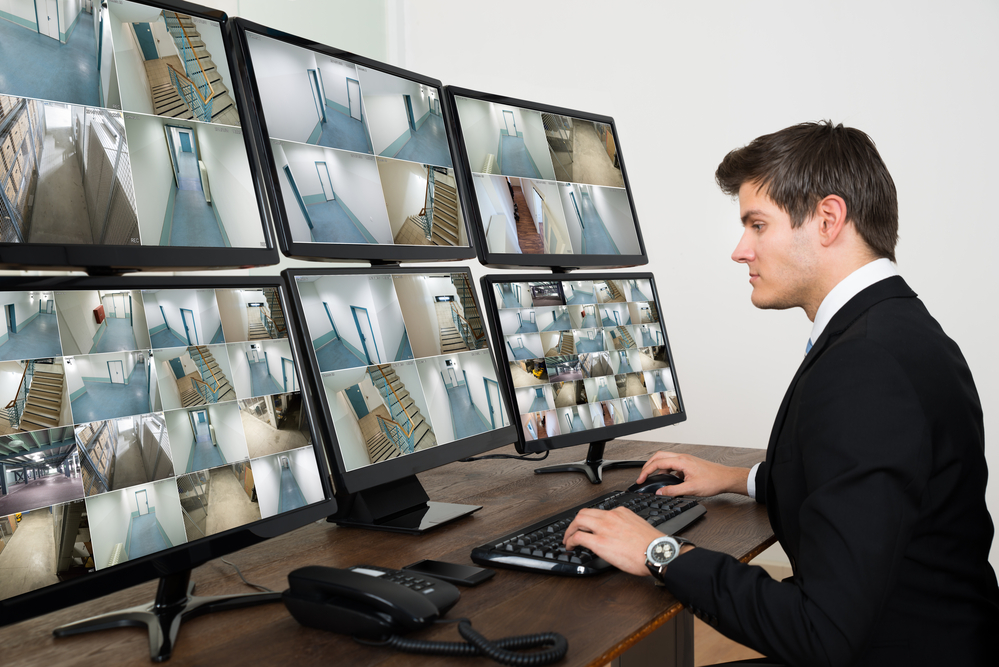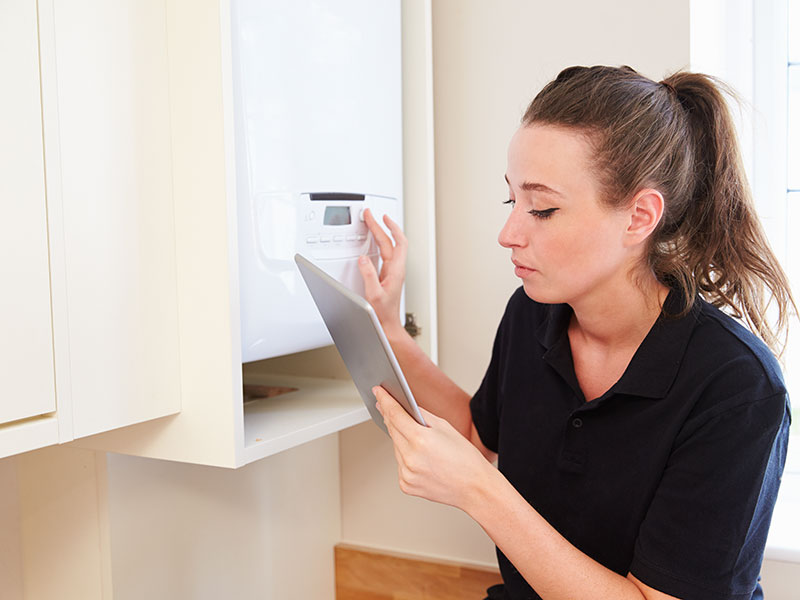The construction industry in the UK presents a unique set of security challenges, from protecting valuable machinery and materials to ensuring site safety.
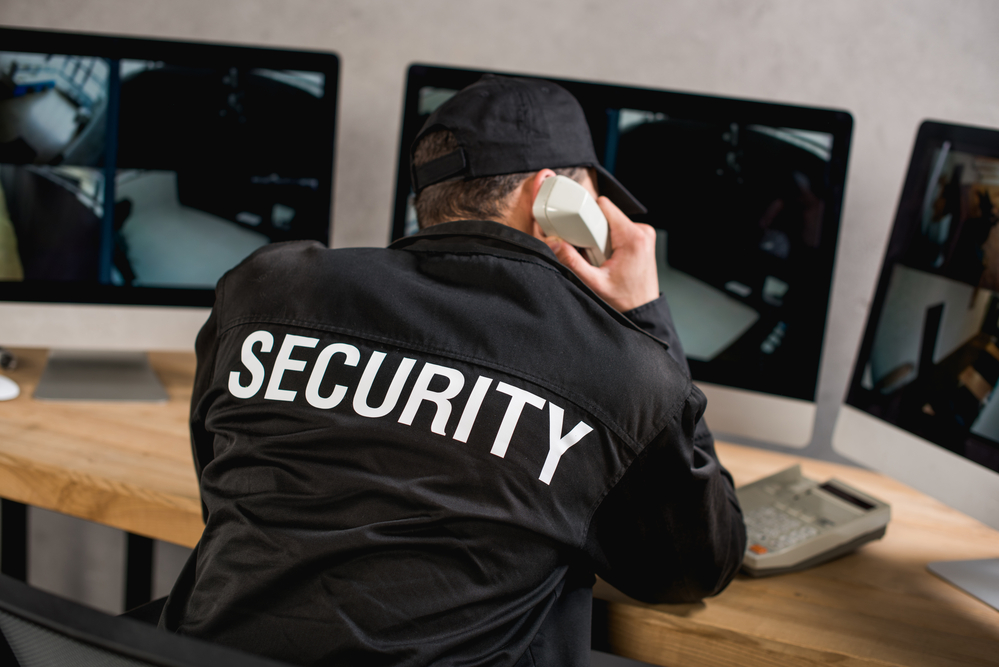
The demand for specialised security services in this sector is significant, making the idea of starting a construction security company a potentially lucrative venture. But where do you begin, and what are the key considerations? This blog explores the steps and challenges involved in establishing your own construction security firm.
Understand the Industry
Before diving into the world of construction security, it’s crucial to have a deep understanding of the construction industry, its operational dynamics, and specific security needs. Construction sites are unique environments that require tailored security solutions to address risks like theft, vandalism, and unauthorised access. Familiarise yourself with construction processes, potential hazards, and the typical flow of a construction project.
Get Qualified
The security industry in the UK is regulated by the Security Industry Authority (SIA), which requires individuals working in private security to be licensed. To start a security company, you’ll need to ensure that you and your staff are properly qualified and hold the necessary SIA licenses. Consider obtaining additional certifications or training related to construction site safety and security to enhance your company’s credentials.
Business Planning and Legal Requirements
Developing a detailed business plan is a critical step. Your plan should outline your business objectives, target market, service offerings, pricing strategy, and marketing approach. You’ll also need to decide on the legal structure of your business (e.g., sole trader, partnership, limited company) and register with the appropriate authorities. Ensure you have adequate insurance coverage, including public liability and professional indemnity insurance, to protect your business and clients.
Invest in Technology and Equipment
Construction security often requires specialised equipment and technology. Investing in quality surveillance cameras, motion detectors, alarm systems, and access control solutions is essential. Additionally, consider the logistics of mobile patrols and the need for vehicles and communication devices. Staying abreast of technological advancements in security and incorporating innovative solutions can give your company a competitive edge.
Build a Skilled Team
Your employees are the backbone of your security company. Recruit experienced security professionals with a background in construction security or those willing to undergo specialised training. Emphasise the importance of customer service skills, as your staff will interact with construction workers, managers, and possibly the public. Implement rigorous background checks and ensure all team members are licensed and trained according to SIA standards.
Marketing and Networking
Building a strong brand and marketing your services effectively is vital to attract clients. Develop a professional website, create brochures detailing your services, and engage with potential clients through social media. Networking within the construction industry is equally important. Attend trade shows, join construction-related associations, and connect with construction companies, contractors, and developers to promote your services.
Compliance and Continuous Improvement
Compliance with legal and industry standards is non-negotiable. Stay informed about changes in regulations, and continuously assess and improve your service quality. Solicit feedback from clients and implement best practices in security management.
